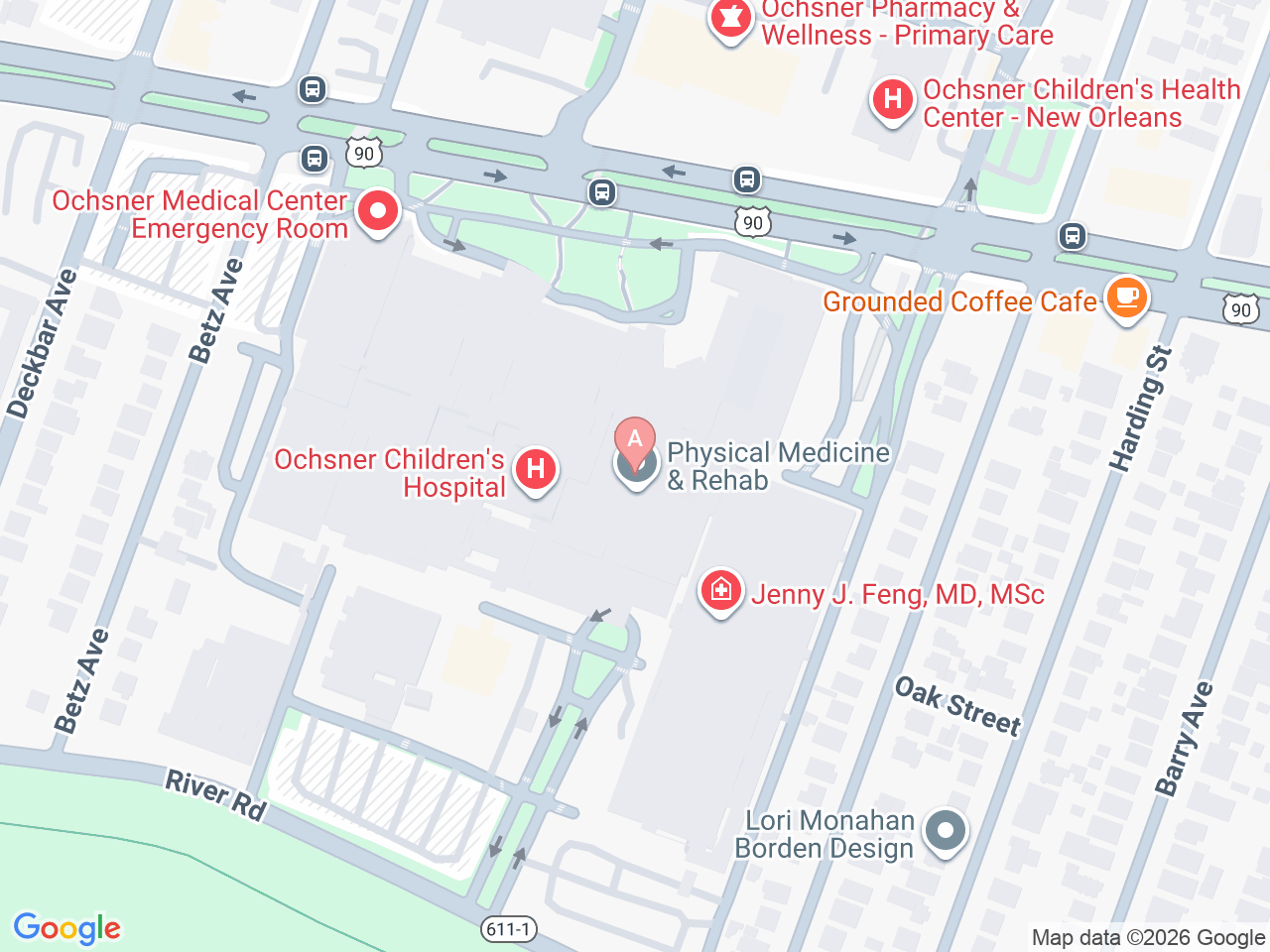The Brief Evidence-Based Psychotherapy (BEBP) Clinic
The BEBP Clinic provides access to short-term, weekly treatments that are scientifically proven to resolve associated symptoms. Patients are connected with evidence-based psychotherapy to provide comprehensive treatment for specific diagnoses and goals.
Current Conditions Treated:
- PTSD
- Insomnia
- Panic Attacks
- Depression
- Anxiety
- Stress
The BEBP Clinic is ideal for patients who:
- Desire short-term rather than long-term psychotherapy
- Want structured psychotherapy sessions for specific targets
- Are willing to engage in daily practice assignments
- Can commit to weekly psychotherapy for a time-limited period (usually between 6-12 weeks)
The BEBP Clinic does not treat:
- High-risk and other conditions (e.g., substance abuse, psychosis, suicidal or homicidal ideation, non-suicidal self-injury, serious cognitive issues, suboptimal fit, inability to commit).




